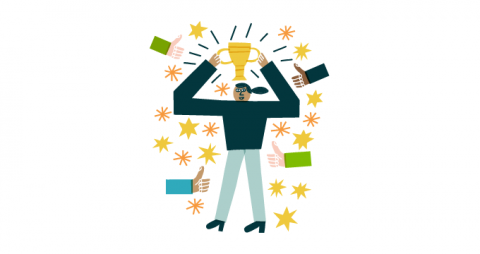Teamwork CRM turns one today!
Happy First Birthday Teamwork CRM! One year ago today we launched Teamwork CRM — and what a year it has been! Since launching, we have worked hard to continuously improve the product, respond to customer feedback, and continue to grow as we help our customers scale their businesses. It’s been a really rewarding year, and the highlight for me as the Product Manager has been speaking to so many great people, who also happen to be our customers.











